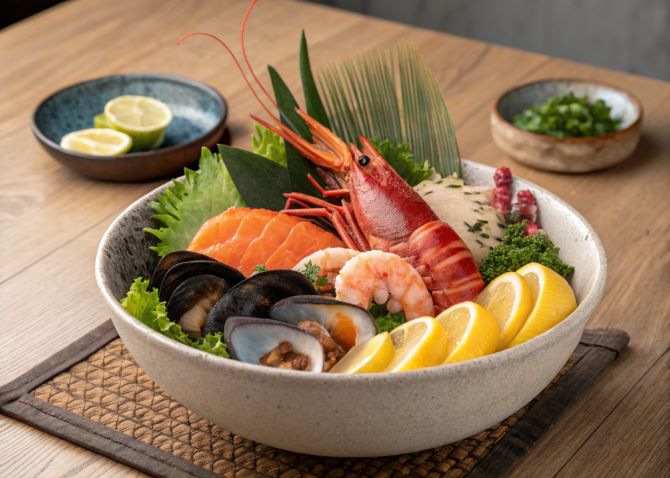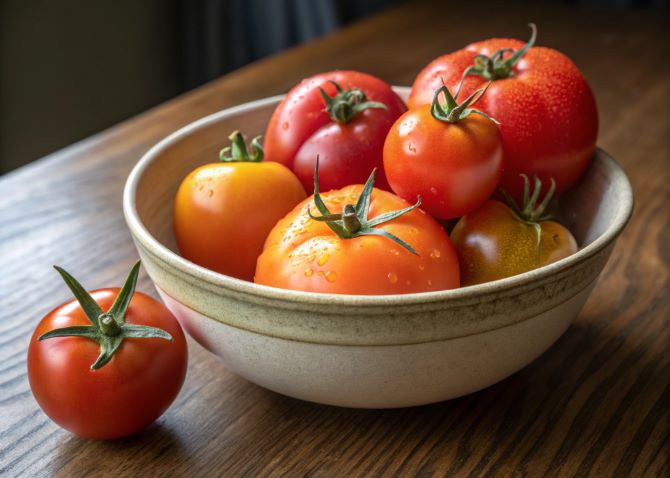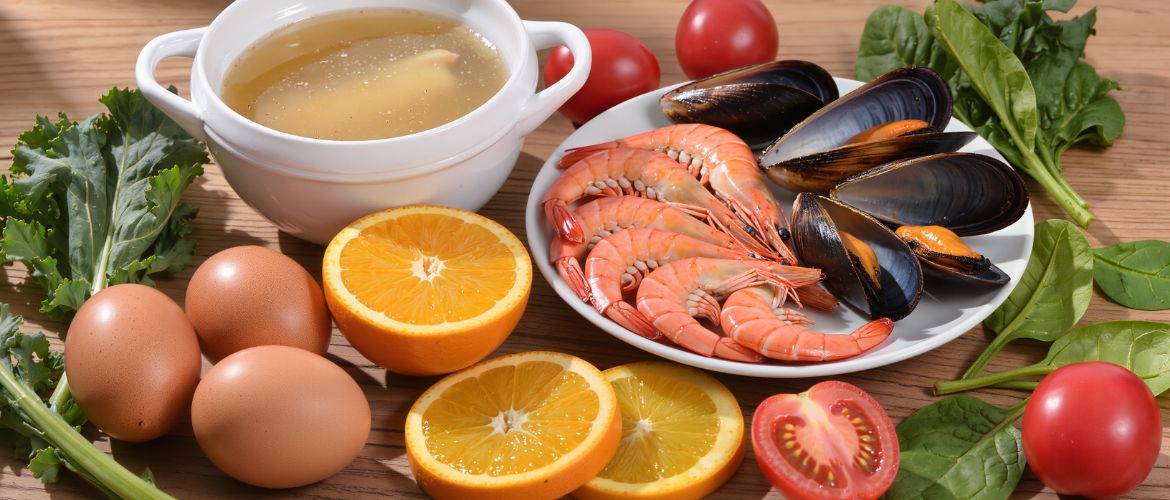Maintaining youthful skin depends on collagen — a protein responsible for the density, elasticity, and radiance of the epidermis. As we age, its production decreases, leading to wrinkles and sagging. The right foods help activate the natural restoration of collagen. Read on Joy-pup to learn which foods support collagen production in the body.
Citrus Fruits

Oranges, lemons, grapefruits, and tangerines are rich in vitamin C, which is essential for collagen formation. It helps the body convert amino acids into collagen fibers, and without it, this process stops completely. Additionally, vitamin C protects the skin from free radicals caused by sun exposure, polluted air, and stress, which break down existing collagen.
Bone Broth

Long simmering of bones, cartilage, and connective tissues from chicken, beef, or fish produces a broth rich in gelatin. Gelatin is broken-down collagen that is easily absorbed and provides the body with amino acids needed to create its own collagen. Regular consumption of such broth improves skin texture, smooths wrinkles, and increases hydration and elasticity. The most beneficial broth is one simmered for 12–24 hours over low heat.
Eggs

Egg whites are high in proline — an amino acid that makes up about 15% of collagen’s structure. This component is an essential building block that the body cannot produce in sufficient quantities on its own. Regularly including eggs in your diet ensures a steady supply of proline, supporting continuous synthesis of new collagen fibers in the skin, blood vessels, and connective tissues.
Seafood

Shrimp, crabs, oysters, mussels, and other shellfish contain type I collagen, which is structurally most similar to human collagen and highly bioavailable. This collagen integrates quickly into the skin, providing a visible lifting effect. Additionally, these seafood items are rich in zinc — a trace element that activates enzymes responsible for linking collagen chains into strong fibers. Zinc deficiency leads to weak, unstable collagen that degrades quickly.
Dark Green Vegetables

Spinach, kale, broccoli, and other dark green vegetables are rich in chlorophyll, which stimulates collagen-producing cells. They also contain vitamin C and antioxidants, which accelerate new collagen synthesis while protecting existing collagen. It is especially beneficial to eat these vegetables raw or lightly steamed to preserve maximum nutrients.
Tomatoes

Tomatoes contain vitamin C, which supports collagen production, and lycopene — a powerful protector of the skin from the sun. Lycopene accumulates in the skin and shields it from ultraviolet radiation, the main factor in collagen breakdown. Regular consumption of tomatoes reduces skin sensitivity to the sun, decreases pigmentation, and slows photoaging. Cooked tomatoes, such as in sauces or stews, are particularly beneficial because their lycopene is better absorbed.







Only registered users can leave comments